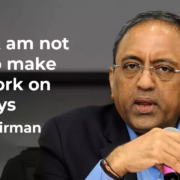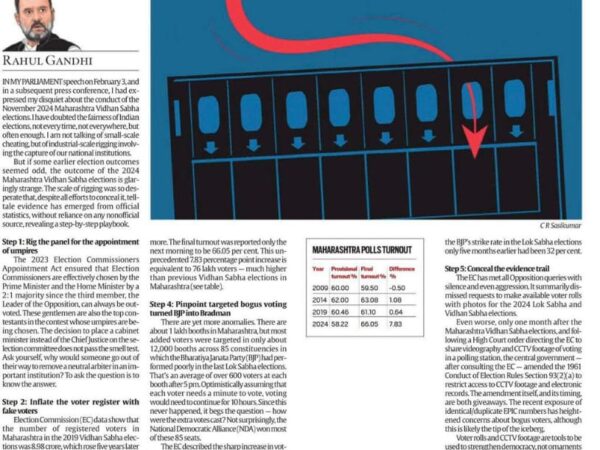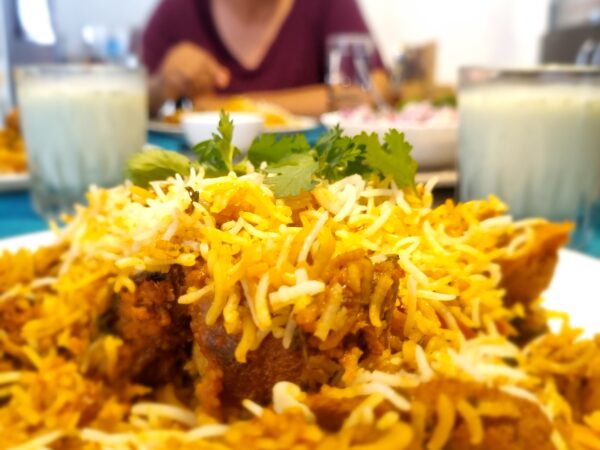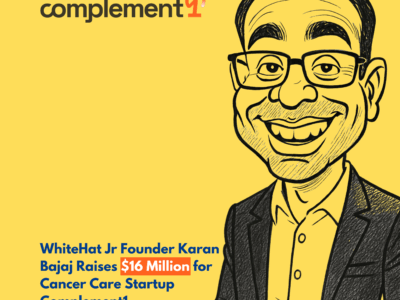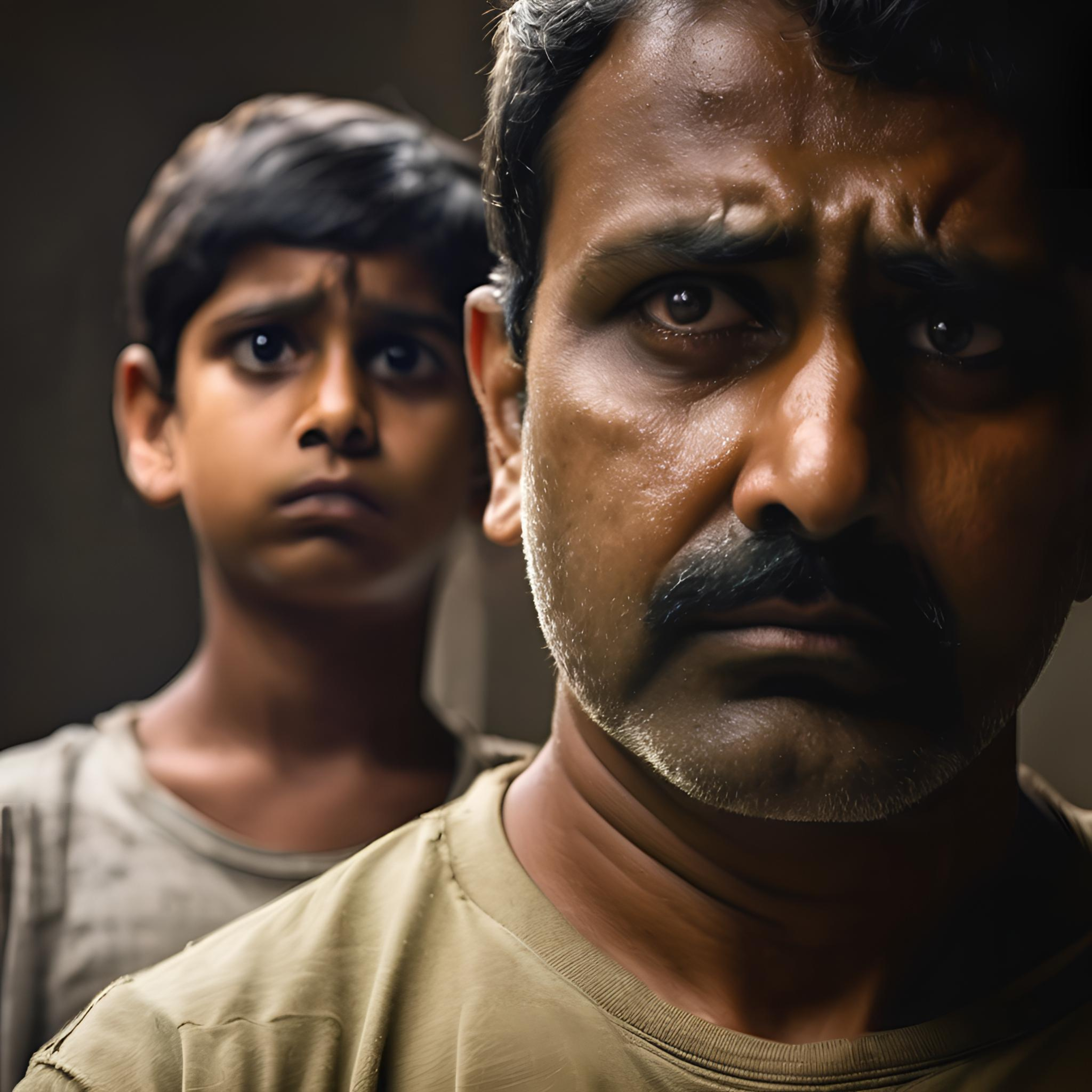
The Prime Minister of India, Narendra Modi, reportedly works 18, 20, or even 22 hours a day. Every single day. No breaks. No weekends. Barely two hours of sleep. Somewhere, someone is likely claiming he works 25 hours, defying space-time itself. When you are The One, such feats are simply expected.
Narayana Murthy of Infosys is more modest. He claims to have worked 14-hour days, six and a half days a week. Whether this is past or present remains unclear, but his PR team certainly intended this as a humble brag.
SN Subrahmanyan of L&T shuns Sundays altogether. He turns up to work, presumably cursing under his breath at employees who do not. He wants 90-hour weeks from everyone, citing that staring at one’s wife all day is not productive. That L&T employs 3,493 women seems to have escaped him entirely. Are they also staring at their wives, or is that another meeting agenda?
Daksh Gupta of Greptile, your quintessential startup CEO, expects 14-hour days, six days a week, and some Sundays for good measure. Burnout, in his view, is a concept invented by lazy individuals.
And then there is Shantanu Deshpande of Bombay Shaving Company. In his younger days, he advised fresh graduates to “worship work” and avoid the “rona-dhona.” Thankfully, even the most relentless discover that life is more than the grind.
We have all heard the backlash. The protests. The memes. The righteous indignation. Yet we secretly admire these individuals. We romanticise their sacrifices, idolise their discipline, and cheer their toughness. And we let them demand the same from us.
Why?
Because this is what we grew up with.
Our fathers.
They were strong, silent, and stoic.
Hard-working, hard to love, and impossible to impress.
There were no hugs, no praise, no “I am proud of you.”
Only expectations, disappointments, and judgements.
For Indian boys, this was love.
Not warmth, but weight.
The weight of their gaze, always asking,
“Is this all you can do?”
So, we became them.
Men like them. Bosses like them.
Demanding from others what was once demanded of us.
Allow me to play Freud for a moment.
This father-son dynamic has turned us into a nation of love-starved sons.
We are perpetually seeking approval.
From fathers.
And from their replacements, our bosses.
We rant about this online.
We mock “hard-working” CEOs.
We share memes and virtue-signal for likes.
But at work?
We follow orders. We obey without question.
Even as we sip chai and pretend rebellion.
“Aur kya tha? Maine boss ko seedha bola, Monday tak nahin hoga!”
These are lies we tell ourselves.
While secretly craving their nod of approval.
And this runs deep.
Look at our obsession with “strong leaders.”
Our belief that India needs a “benevolent dictator” to succeed.
This is the same father complex, applied to the nation.
What is the solution?
More fathers hugging their children.
More fathers crying.
More fathers showing vulnerability.
More fathers cooking dinner, fixing a dollhouse, or playing cricket.
More fathers telling their sons, “It is perfectly fine to fail.”
More fathers being human.
The answer to our “men’s problems” is simple.
Men need to be more than just men.
Will we get there? Ever?
Note: My father was a tender man. An Air Force officer, softened by my mother over 50 years of marriage.
We hugged. We said, “I love you.” Often.
This is not about him.
It is about the archetypal Indian father.
It is what I have observed, psychoanalysed, and considered as the generational curse we seem to pass down.
When I say “we,” I do not mean myself.
I have never had a boss. Lucky me.
But look around. You will see I am not wrong.
And that is that.
P.S.: If you wish to read my other posts on this, you may find them here, here, and here.
